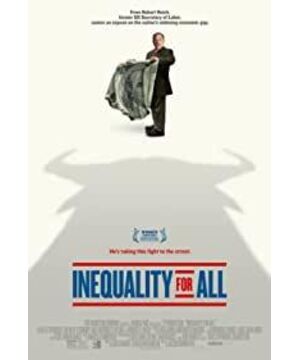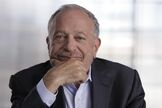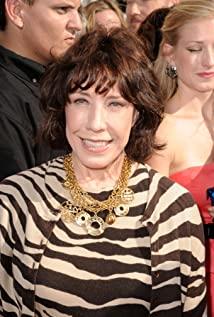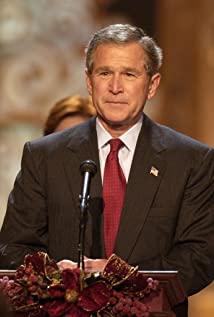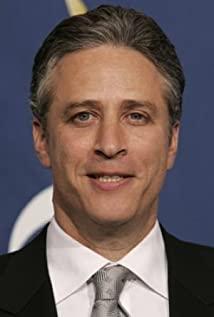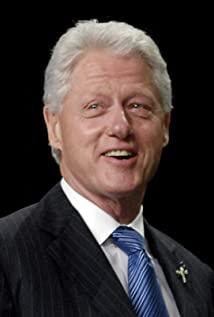The problem mentioned in the film can be summed up as a vicious cycle that liberal capitalism cannot solve by itself: in a globalized environment, if the market is completely free, the increase in the productivity of large enterprises will not benefit industrial workers and local industries in a certain place.
The nature of capital enterprises is profit-seeking. In order to reduce costs and squeeze more profits, it can move factories or even entire industries to other regions, hire local cheap labor, and so on. On the other hand, people are more restricted by geographical areas. Industrial workers in a certain place will lose their jobs due to the relocation of factories, thus facing problems such as the decline in living standards brought about by the deterioration of their own economic conditions, plus taxes, rental costs, medical insurance costs and The increase in living costs such as child care costs has greatly shrunk the original middle-class population, weakening their spending power, and further affecting the production and service industries targeting this group of people, resulting in shrinking local industries and more unemployment. , into a vicious circle.
It is also mentioned in the film that even if large enterprises do not move out, they will use mechanization to avoid high labor costs. The beneficiaries are robot R&D institutions and production enterprises, that is, the high-tech crowd. Ordinary industrial workers are affected by their own education level. limit, will also not benefit.
A few big companies take advantage of globalization and high technology to keep sucking blood from cheap labor, sucking blood from consumers in the global market, and becoming bigger and bigger monsters. From the point of view of this film, the government can stop this monster from sucking people. Dry superhero. It is a pity that the Lao Mi government is a government that speaks for the rich, which has caused dissatisfaction among many people.
The solution proposed in the final film is actually no different from that of Carnegie in the last century. It is to hide wealth from the people, cultivate people with high spending power, and form a good cycle of consumption and production. After all, it is unrealistic to rely on the luxury consumption of the 1% of the rich, not to mention that the rich prefer to save, and they prefer to invest and play money-making games all over the world. Only when someone has money to buy the products produced by the enterprise can the enterprise maintain production, and only the rich can make money. This seems to be a good way for everyone. However, today, when the global consumer market still has great potential to release, it seems unrealistic to let the rich give up part of their wealth. After all, they are doing legal business, and private property is sacred and inviolable.
At the end, I am inexplicably reminded of Da Liu's creepy "Supporting Human Beings", maybe one day the redistribution of wealth can only rely on God or aliens. The land division has not yet succeeded, and the left dog still needs to work hard.
View more about Inequality for All reviews


